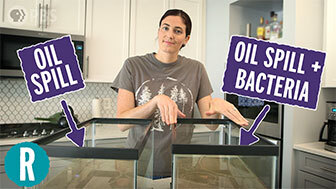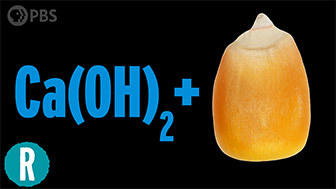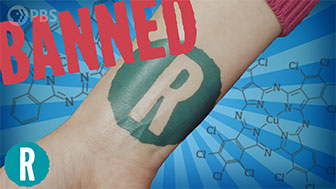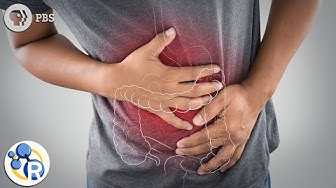What does it mean to have “cooked” something? Is heat the only way to break down proteins and transform raw ingredients? If you love ceviche, you know that’s not true … but how exactly does ceviche get “cooked?” No heat source is used, but it still undergoes a process in which proteins are denatured. We’re taking a closer look at proteins, how they denature and what that means for the food on your plate.
Sources:
- Ceviche And The Science Of Marinades | The Food Lab:
- Orders of protein structure:
- Biochemistry, Tertiary Protein Structure:
- 2.5: Denaturation of proteins:
- What are proteins?
- Egg white proteins and their potential use in food processing or as nutraceutical and pharmaceutical agents--a review
- Why Do We Cook Our Food and What Happens When We Do?
- Protein denaturation by interaction with acid and bases:
- Ceviche-Natural Preservative: Possibility of Microbiota Survival and Effect on L. monocytogenes
- Ceviche-Natural Preservative: Possibility of Microbiota Survival and Effect
- Protein denaturation by interaction with alcohols
- From protein denaturant to protectant: comparative molecular dynamics study of alcohol/protein interactions
- Why 70% Isopropyl Alcohol Is a Better Disinfectant Than 99% Isopropyl Alcohol When It Comes to COVID-19:
- Effect of curing and heat treatments on the Salmonella survival and physicochemical properties of chicken egg yolk
- Response to the Questions Posed by the Food and Drug Administration and the National Marine Fisheries Service Regarding Determination of Cooking Parameters for Safe Seafood for Consumers








